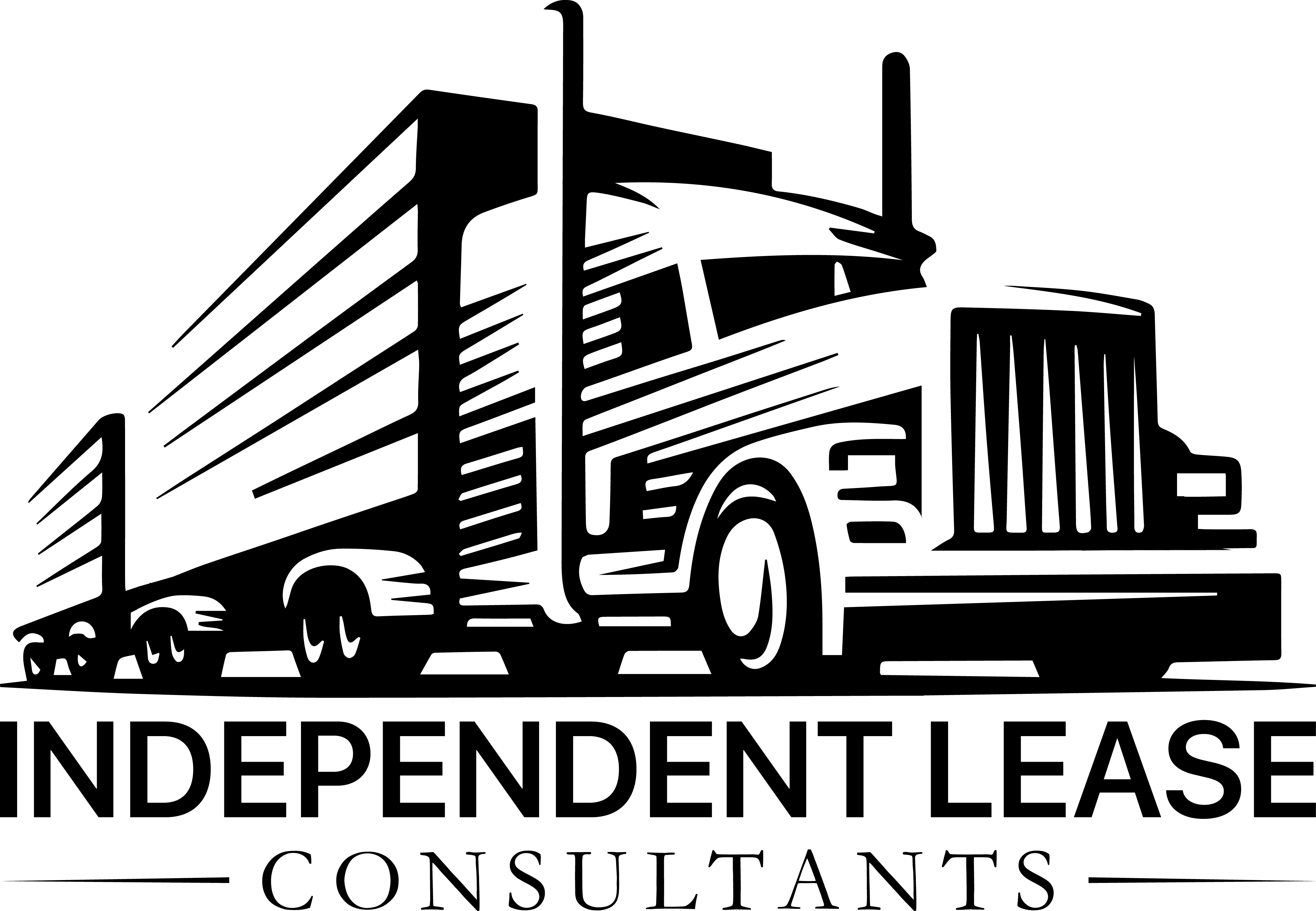How Remote Fleet Management Enhances Operations
- Independent Lease Consultants, Inc.
- Sep 26, 2025
- 3 min read
Managing a fleet is complex. It involves tracking vehicles, ensuring compliance, optimizing routes, and controlling costs. Remote fleet management simplifies these tasks. It uses technology to monitor and control fleet operations from a distance. This approach improves efficiency, reduces expenses, and enhances safety. I will explain how remote fleet management benefits operations and why it is essential for trucking and logistics companies.
Understanding Remote Fleet Management Benefits
Remote fleet management uses GPS, telematics, and cloud-based software to oversee vehicles and drivers. It provides real-time data on location, speed, fuel consumption, and maintenance needs. This data helps managers make informed decisions quickly.
Key benefits include:
Improved vehicle tracking: Real-time GPS tracking allows precise monitoring of each vehicle’s location. This reduces theft risk and helps with route planning.
Enhanced driver safety: Monitoring driver behavior such as harsh braking or speeding promotes safer driving habits.
Lower operational costs: Fuel usage and maintenance can be optimized by analyzing data trends.
Simplified compliance: Automated reporting ensures adherence to regulations like hours of service and vehicle inspections.
Better customer service: Accurate ETAs and delivery updates improve client satisfaction.
For example, a trucking company can use remote fleet management to reroute drivers around traffic jams instantly. This saves time and fuel. It also helps schedule maintenance before breakdowns occur, reducing downtime.

How Remote Fleet Management Enhances Efficiency
Efficiency is critical in fleet operations. Remote management tools streamline workflows and reduce manual tasks. Automated alerts notify managers about vehicle issues or driver violations immediately. This allows quick corrective action.
Route optimization software analyzes traffic patterns and delivery schedules. It suggests the most efficient paths, cutting travel time and fuel costs. Drivers receive updated routes on their mobile devices, reducing confusion.
Maintenance scheduling is another area improved by remote management. Sensors track engine health and tire pressure. When a problem arises, the system alerts the fleet manager. Preventive maintenance avoids costly repairs and keeps vehicles on the road longer.
Additionally, remote management supports better resource allocation. Managers can assign vehicles based on availability and proximity to jobs. This reduces idle time and increases productivity.

Who is the best fleet management company?
Choosing the right fleet management partner is crucial. The best company offers comprehensive solutions tailored to your needs. Look for providers with:
Proven technology platforms
Strong customer support
Flexible service plans
Expertise in trucking and logistics
Independent Lease Consultants, Inc. stands out as a top choice. They specialize in helping fleets cut costs, simplify compliance, and boost efficiency. Their remote fleet management services in Pennsylvania combine advanced telematics with expert consulting. This partnership ensures your fleet operates smarter and more profitably.
When evaluating companies, ask about:
Integration with existing systems
Data security measures
Customizable reporting
Training and onboarding support
A reliable partner will work closely with you to maximize the benefits of remote fleet management.

Practical Steps to Implement Remote Fleet Management
Implementing remote fleet management requires planning and commitment. Here are actionable steps to get started:
Assess your current operations: Identify pain points such as high fuel costs or compliance challenges.
Choose the right technology: Select GPS tracking, telematics, and software that fit your fleet size and goals.
Train your team: Ensure drivers and managers understand how to use the new tools effectively.
Set clear objectives: Define what success looks like, such as reducing idle time by 15% or improving on-time deliveries.
Monitor and adjust: Use data insights to refine routes, schedules, and maintenance plans continuously.
Start small by piloting the system with a few vehicles. Gather feedback and measure results before scaling up. This approach minimizes disruption and builds confidence.
Future Trends in Remote Fleet Management
Remote fleet management continues to evolve. Emerging technologies will further enhance operations:
Artificial intelligence: AI will analyze data to predict maintenance needs and optimize routes dynamically.
Electric vehicle integration: Managing EV fleets requires monitoring battery health and charging schedules.
Advanced driver assistance systems: These systems will provide real-time alerts to drivers, improving safety.
Blockchain for compliance: Secure, transparent record-keeping will simplify regulatory audits.
Staying ahead of these trends will keep fleets competitive and efficient. Partnering with experts like Independent Lease Consultants, Inc. ensures access to the latest innovations.
Remote fleet management is no longer optional. It is a necessity for trucking and logistics companies aiming to thrive in a demanding market. By embracing technology, fleets can reduce costs, improve safety, and deliver superior service.
Remote fleet management transforms fleet operations. It provides real-time visibility, enhances safety, and drives efficiency. With the right partner and technology, fleets can overcome challenges and achieve lasting success. Consider integrating remote fleet management services in Pennsylvania to unlock these benefits and future-proof your operations.




Comments